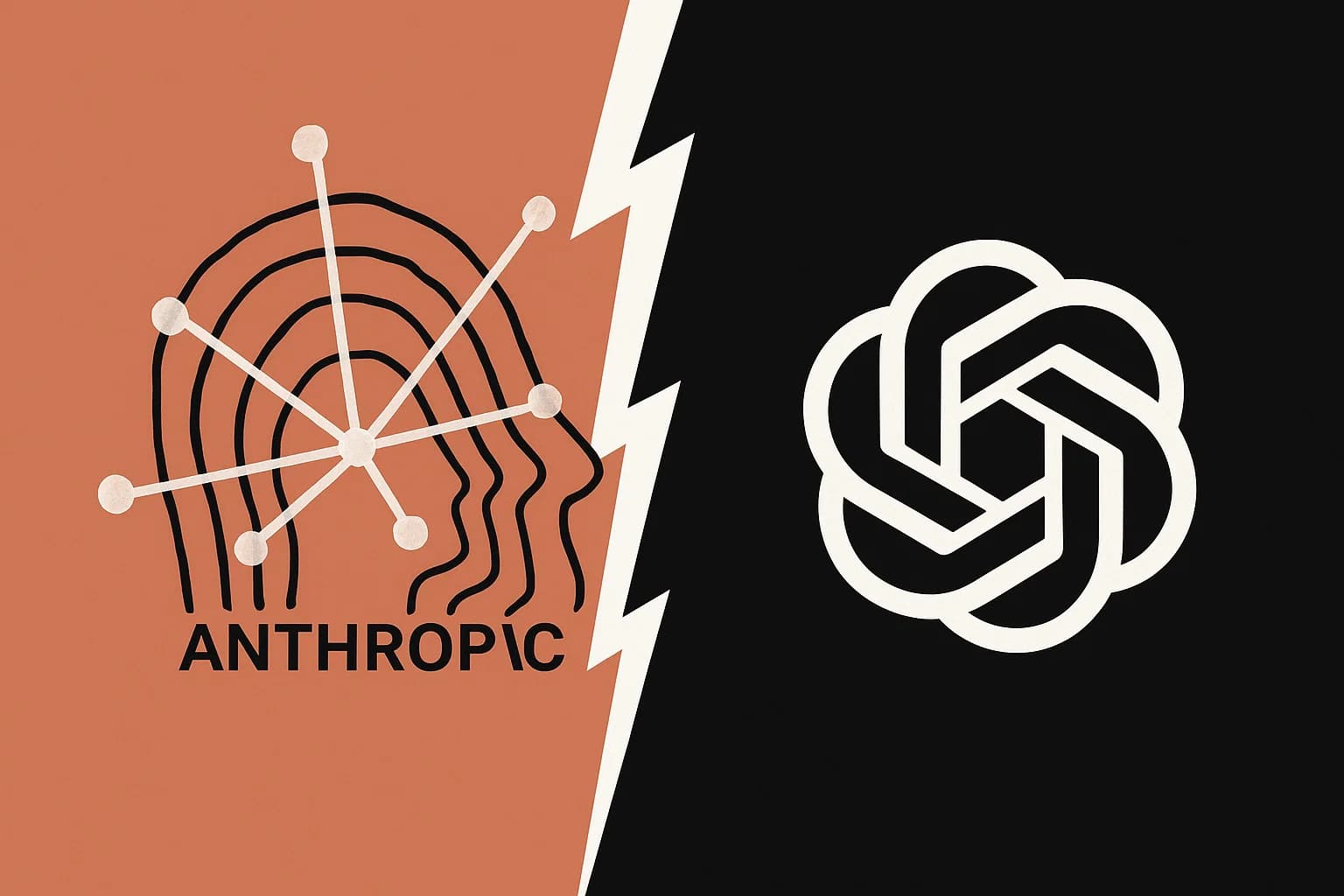AI Ecosystem Fractures as Frontier Labs Prioritize Proprietary Optimization

The landscape of AI agentic tooling is undergoing a significant shift, with major frontier artificial intelligence laboratories increasingly optimizing their models for proprietary ecosystems, leading to a fracturing of standardization. This trend, highlighted by AI commentator Ara, suggests an end to the era of seamless interoperability between different AI providers. The move is creating "walled gardens" that challenge third-party developers and reshape the future of AI integration.
For years, an "unspoken truce" existed among AI developers, where models from companies like OpenAI and Anthropic offered standard APIs, allowing for easy integration and swapping within platforms such as Cline, Windsurf, and Replit. This standardization fostered a collaborative environment where frontier labs actively tested their models in third-party agents, aiming for broad compatibility and representation. However, this era of universal compatibility appears to be concluding, a sentiment echoed in recent industry discussions about AI model fragmentation.
Current observations reveal that advanced models, such as the hypothetical GPT-5 Codex and Claude Sonnet 4.5, perform exceptionally within their native environments—OpenAI Codex and Claude Code, respectively—but underperform when deployed elsewhere. This disparity stems from radically changed APIs, new system prompts, and distinct tool-calling conventions, including novel assumptions like "interleaved thinking," which were not present in earlier models. These changes make integration outside their intended ecosystems significantly more complex, creating hurdles for developers.
The shift is driven by evolving incentives among model providers once they develop their own coding harnesses. As Ara explains,
"Why optimize your model for a competitor's product? Why maintain backward compatibility when you can optimize for your use case and lock users into your own ecosystem?" This strategy allows companies to control both the distribution and the intelligence layer, solidifying their market position and fostering vendor lock-in, a trend confirmed by recent reports on AI model fragmentation and enterprise-focused strategies from major AI players.
This strategic pivot poses substantial challenges for developers building agentic tooling that relies on interoperability between users and frontier models. They now find themselves in direct competition with the model providers themselves, needing to "reverse engineer the new conventions, rebuild your prompting strategies, adapt to new tool calling, [and] data storage patterns." Despite these hurdles, Ara suggests that while "the walled gardens are here," they are "not insurmountable," requiring enhanced engineering efforts to navigate the increasingly complex AI landscape.